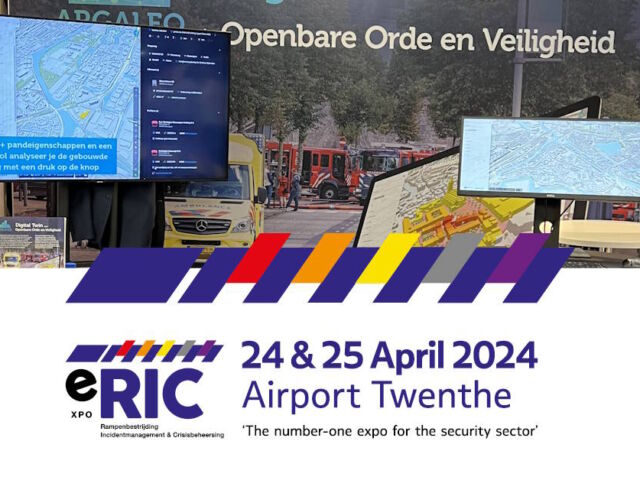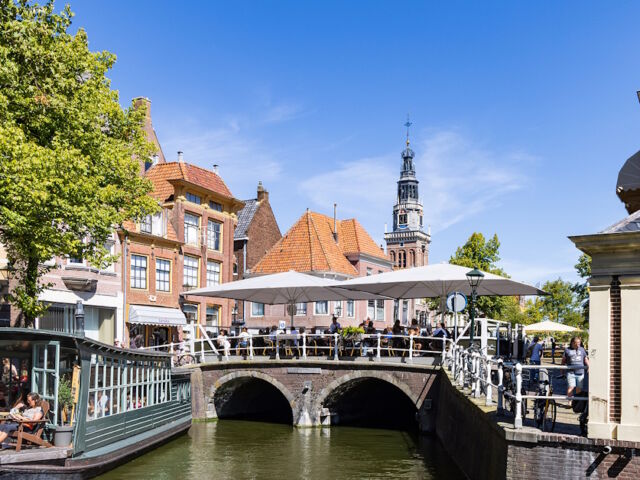Modern cities face many challenges in improving economic accessibility for their employers, the environment and the quality of life for their inhabitants and visitors. Logistics Community Brabant and Argaleo have jointly developed the Atlas Accessible City. In a digital 3D dashboard, governments, transport companies and entrepreneurs insight into the accessibility of today and the possibilities for tomorrow.
Cities and provinces face a number of challenges when it comes to improving accessibility. Think of improving and constructing cycle routes, MaaS (Mobility as a Service), electrification of the vehicle fleet and logistics hubs. With the rise of technological innovations and the increasing demand for data-driven working, many parties are concentrating on the challenges surrounding data collection, storage and governance.
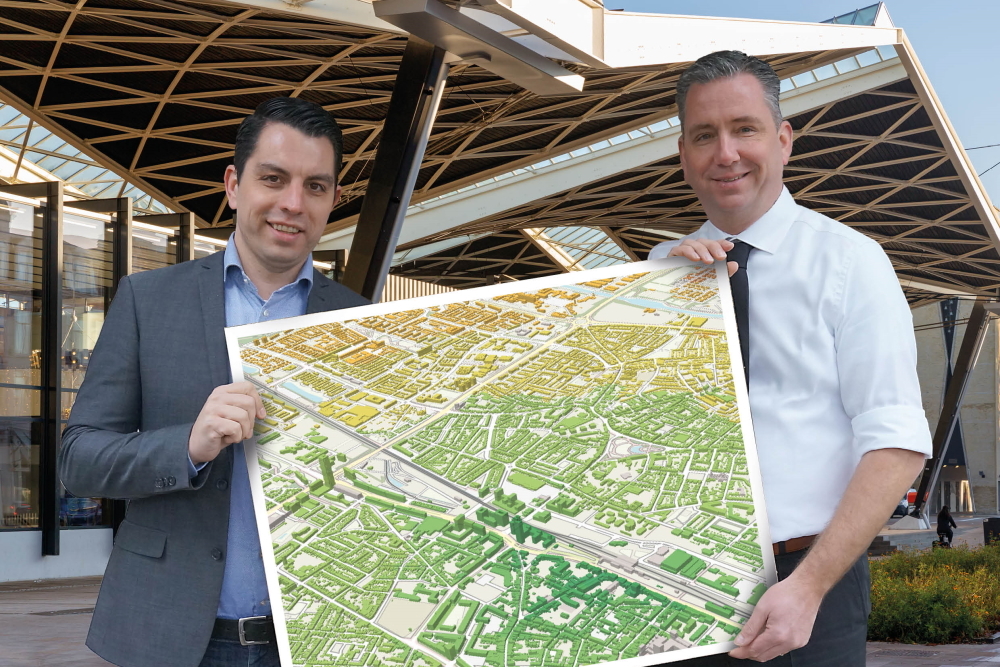
From data to insight
LCB and Argaleo opt for an alternative approach in which the translation of data into the desired information, insights and knowledge is central. The Atlas is based on all available public data sources, combined in a digital 3D environment. In addition, concrete insights are turned into policy issues. For example, the walking distance to all bus stops in Noord-Brabant or the bicycle accessibility of schools. "With a data-driven approach we have gained a better insight into the opportunities for improvement and expansion of a high-quality bicycle network," says Rogier Heijltjes as programme leader Bicycle of the province of Noord-Brabant. The Atlas will be made available to governments, transport companies and entrepreneurs with the aim of building a learning community.
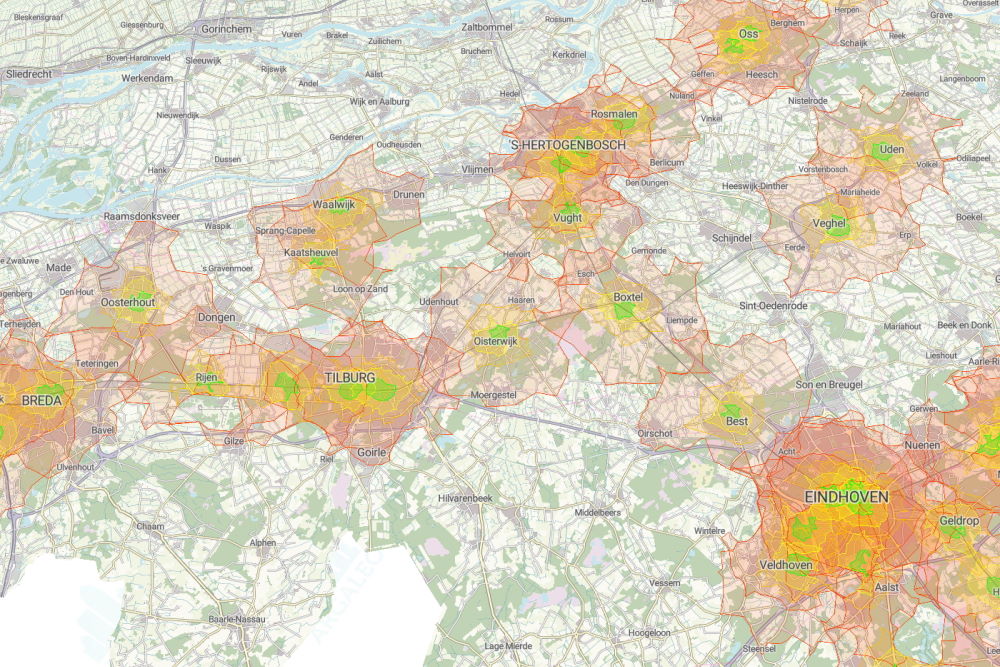
Bicycle accessibility to train stations Noord-Brabant
Innovation in the "triple helix"
According to LCB, the Atlas Accessible City is the new stage for the affiliated knowledge institutes Eindhoven University of Technology, Tilburg University, the Netherlands Defence Academy and Breda University of Applied Sciences (BUas) to link its developed knowledge to the accessibility issues of cities and provinces. In addition to the substantive knowledge in the field of accessibility and spatial development, there is also collaboration with JADS (Jeronimus Bosch Academy for Digital Science). According to Joost de Kruijf, the inventor of the Atlas, this collaboration offers extra opportunities by integrating the right data-related knowledge and innovations.
The collaboration with Argaleo is indispensable in the creation of the Atlas Leefbare Stad. Argaleo collaborates with other organizations that see the usefulness of the 3D data visualizations and want to showcase their knowledge. Jeroen Steenbakkers of Argaleo is also clear about challenges such as intellectual property: "the only way parties want to share knowledge and data is that it remains with the rightful owner".
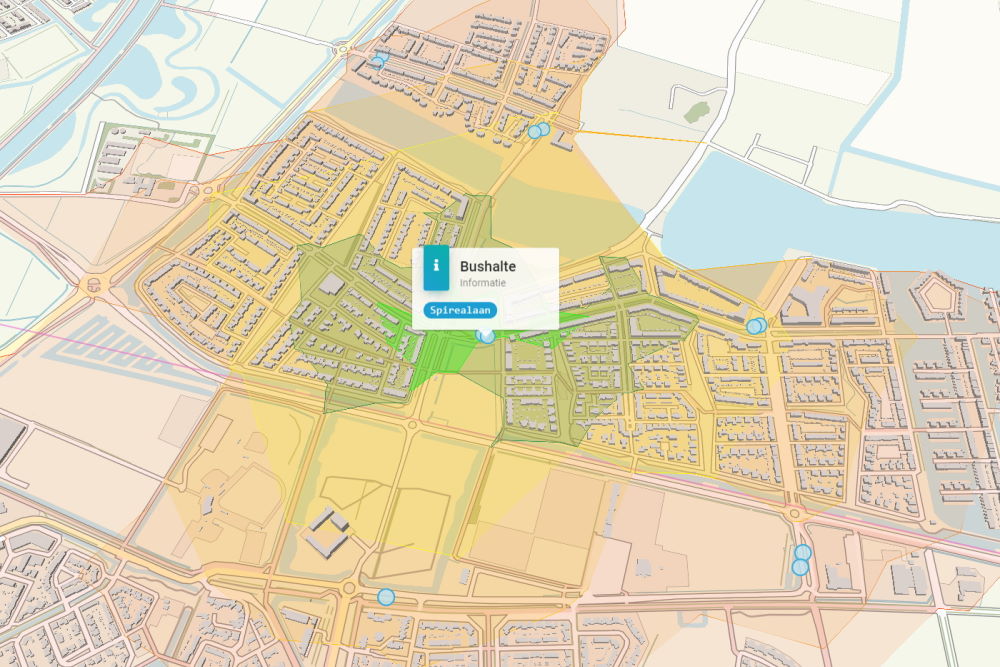
Duration bus stop Rosmalen
Expansion Atlas
In the coming period, a number of interesting additions will be made to the Atlas Accessible City and specifically in the field of cycling from the BUas lectorate Urban Intelligence. Such as the bicycle network performance with numbers of cyclists, speeds, delays and route quality based on counting and floating bicycle data. In this way, LCB hopes to develop not only national but also international community learning with its knowledge partners in the field of the Accessible City. Because more and more parties are participating, the power of the Atlas will only increase.
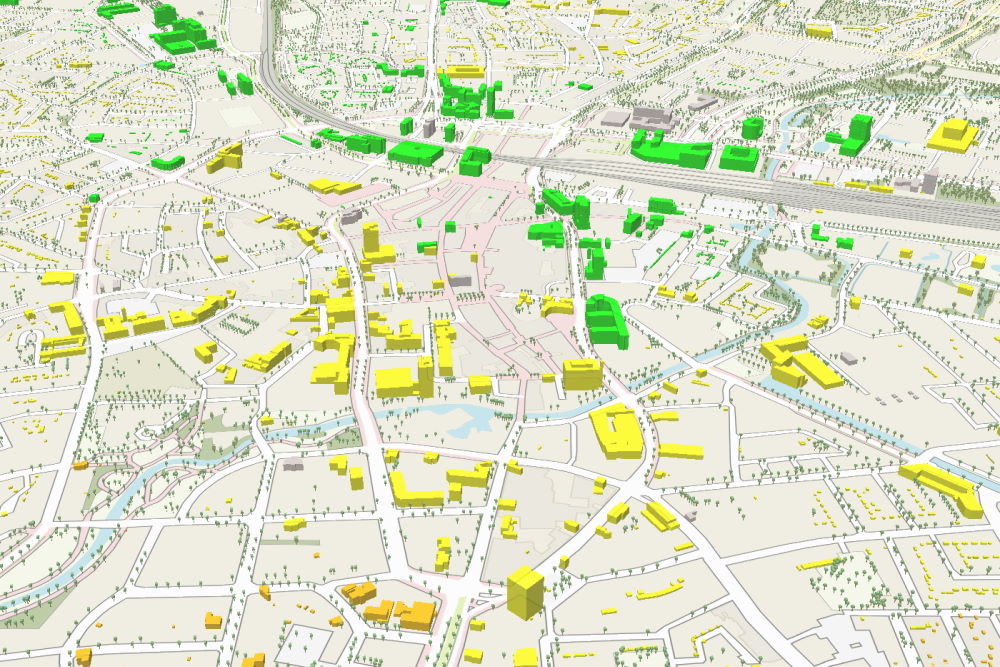
Accessibility offices Eindhoven
"With a data-driven approach, we have gained a better understanding of the opportunities for improvement and expansion of a high-quality bicycle network".Roger Heijltjes as Bicycle Program Leader for the province of North Brabant.



